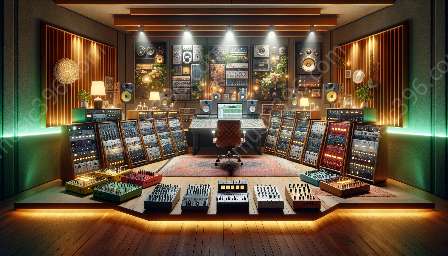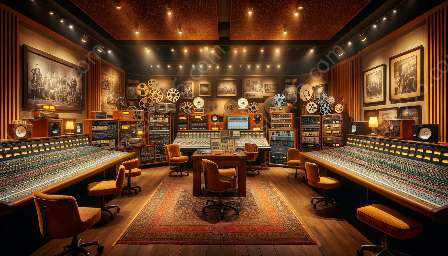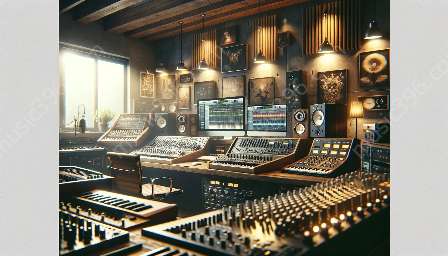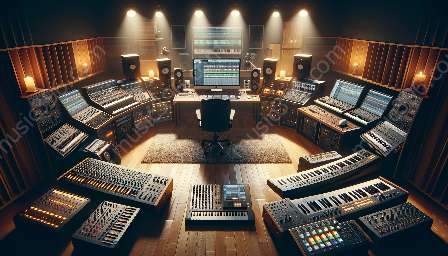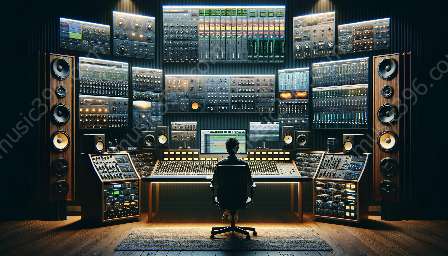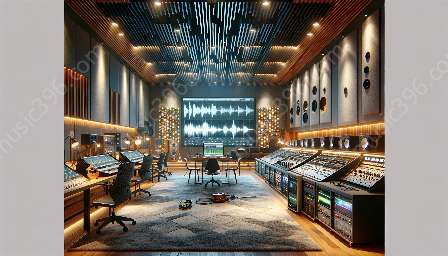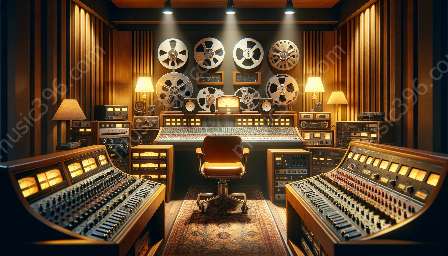Music recording serves as a vital documentation of cultural history, capturing the essence of different societies and their evolution over time. It is closely intertwined with the history and evolution of music recording technology, which has played a significant role in shaping and preserving cultural heritage.
The History and Evolution of Music Recording Technology
The history of music recording technology dates back to the late 19th century when Thomas Edison invented the phonograph. This invention revolutionized the way music could be captured and played back, marking the beginning of a new era in the documentation of cultural history through sound.
Over time, various recording formats emerged, including vinyl records, magnetic tapes, CDs, and digital technologies. Each of these formats represented a milestone in the evolution of music recording technology, allowing for improved fidelity and accessibility of recorded music.
Impact of Music Recording on Cultural History
Music recording has had a profound impact on cultural history by providing a means to preserve and disseminate the musical traditions of different societies. It has enabled the documentation of traditional, folk, and popular music, allowing future generations to gain insight into the cultural practices and values of diverse communities.
Recording technology has also contributed to the global exchange of musical expressions, leading to the preservation and fusion of various cultural traditions. This has resulted in the enrichment of musical diversity and the promotion of cross-cultural understanding and appreciation.
Music Recording as a Vehicle for Cultural Expression
Music recording has served as a powerful vehicle for cultural expression, offering artists a platform to convey their unique cultural narratives and experiences. Through recorded music, individuals and communities have been able to articulate their struggles, aspirations, and triumphs, contributing to the documentation of social and historical contexts.
Furthermore, music recording has played a role in the preservation of endangered languages and musical genres, safeguarding intangible cultural heritage from the threat of extinction. It has empowered communities to maintain their cultural identities and pass down their musical traditions to future generations.
The Future of Music Recording and Cultural Documentation
As technology continues to advance, the future of music recording as a documentation of cultural history holds immense potential. Innovations in recording and archival techniques will enable the preservation of a wider range of musical expressions, ensuring the continued representation of diverse cultural heritages.
Additionally, the accessibility of recorded music through digital platforms and streaming services will contribute to the global dissemination of cultural narratives, fostering greater connectivity and understanding among societies. The future of music recording technology will undoubtedly play a pivotal role in documenting and shaping cultural history for generations to come.






